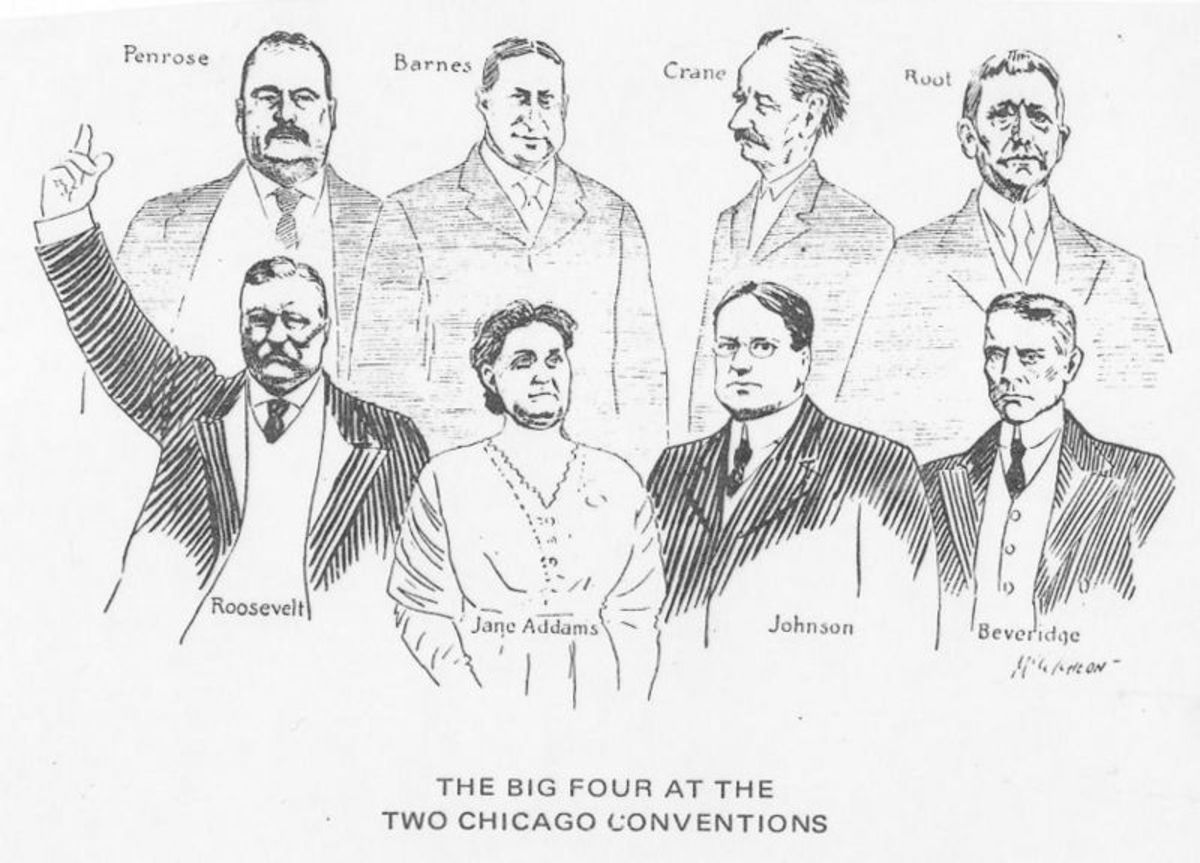Film Analysis of “Good Night and Good Luck”

“Good night and Good Luck (2005) is a film produced by George Clooney. The core message of the movie is basically a warning to the modern YouTube culture where mass hysteria has jeopardized civil rights and liberties.
Notably, Clooney has employed a Marxist ideology to attack the prevalent corporate influence and the government over the media industry. This influence of the media by the government and the corporate world according to Clooney, has led to undermining of the freedom of speech, and the right to information which are the most basic liberties in America.
The center of Clooney’s ideology is an emphasis for writers/journalists to provide some form of interpretations to the kind of news they write instead of simply reporting verbatim what they encounter. This may even entail questioning the integrity and operations of the government and or corporation firms irrespective of their relationships to the media organizations. The author also revisits the tensions that resulted from the post-war paranoia through the sound, editing, lighting, characterization and acting.
The events of the film are clearly a reflection of the modern world where the news and news media are largely run through advertisements. On the same note, the government, particularly the American one has taken control of the media industry and is keen on the news that seeks to tarnish or expose its evil dealings. Those that do so are treated to a harsh environment that threatens their business sustainability. On the same note, media corporations would not want to write negative stories of entities that advertise through them.
Therefore, in Marx’s perspective, capitalism has contributed to the “bourgeoisie” of corporations including the media outlets (Etienne, 1995).
Amidst these restrictions and media environment, some reporters are known for going against the whims of the seniors when doing their work. One of these newsmen is Edward Murrow who is considered as the master of the pause. The journalist is accredited for being courageous, principled, and clear who adheres to the specifications of his profession. During the tumultuous moment in his time, he and his producer, Fred Friendly at the CBS chose to remain brave and refused to be influenced by the political class.
For instance, they took and exposed the wickedness of Senator Joe McCarthy with disregard to the position he had held at that time. The period was in 1950s when the senator was popular in America as well as the entrancement of capitalism in the society. The phrase, Good night and good luck is commonly employed by Murrow as a signature of his TV and radio news programs.
During the 1950s, the activities of the then senator McCarthy and the political environment which generated a climate of fear became too much for Murrow, the CBS reporter to tolerate. Through his speeches and outrageous claims such as the prevalence of 205 card carrying communists who were operating for the government, McCarthy was intimidating everyone including the president. It is also clear that he was also brandishing the idea of communism at the expense of promoting capitalism.
In other words, McCarthy was against communism and as such, he was using evil tactics to attack it and portray it negatively. It is also suffice to say that being in the political class and having amassed a substantial level of wealth at that time, McCarthy was protecting capitalism for his own advantage.
The Marxist ideology is best applicable to the hierarchical nature of the CBS Corporation. In this corporation, the chief executive of CBS William Paley bars the station’s reporter Murrow from reporting the news in an interpretive perspective. The reason why he prevents them from doing this is because he wants to conform to the pressures of advertising and to earn good rating in the industry. Stated differently, William Paley is clearly avoiding the risk to the source of income by doing something that is contrary to the advertiser’s demands.
Consequently, the reporters are deprived of the autonomy in making decisions pertaining to how or what stories to make. In this CBS context, Marx would opine that the “bourgeoisie” of CBS has pulled back the vocal news reporters presenting the class struggle between the capitalists and the citizens.
In light of the current political environment, Good Night, and Good Luck has showcased the danger of the government and corporate influence on the news media. As explicitly depicted, this grasp of the media will eventually lead to social and political chaos and the widespread hysteria. The Murrow/McCarthy feud portrayed in the movie is certainly is certainly used by the Clooney, the film author to encourage citizens to freely question the government and corporations regarding their motivations in relation to their actions.
If the integrity of the news outlets are threatened, then the civil liberties will be jeopardized. Just like the time of the film’s era, there are many ways in which governments and corporations tries to control the media. To avoid repercussions which include possible loss of business, these news organizations have to tilt towards the whims of these entities.
References
Clooney, G., Strathairn, D., Clarkson, P., Daniels, J., & Downey, R. (2006). Good night,
and good luck. Montreal: Distributed by TVA Films.
Etienne, B. (1995). The Philosophy of Marx. Verso: La Découverte, Repèrs.








